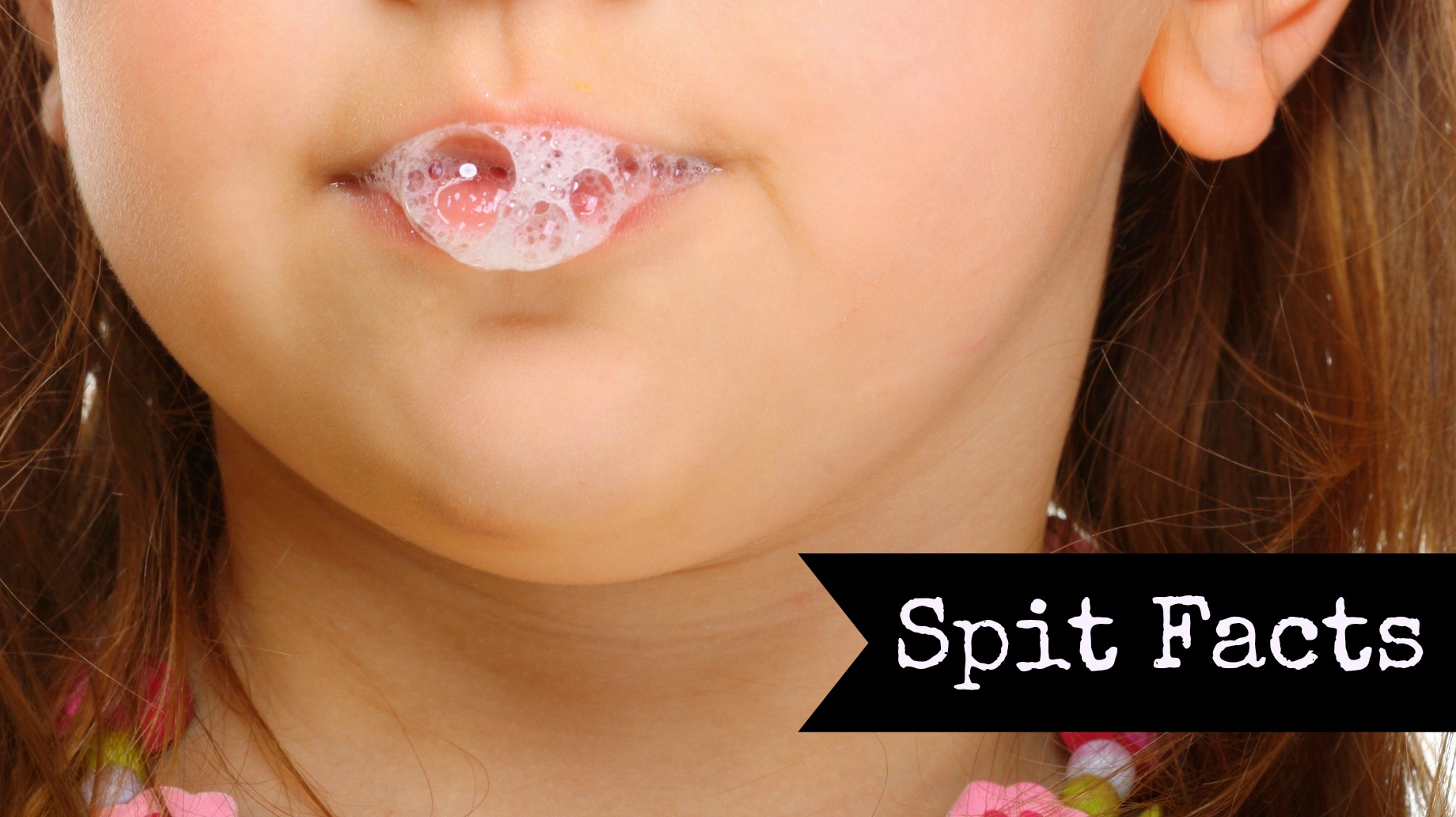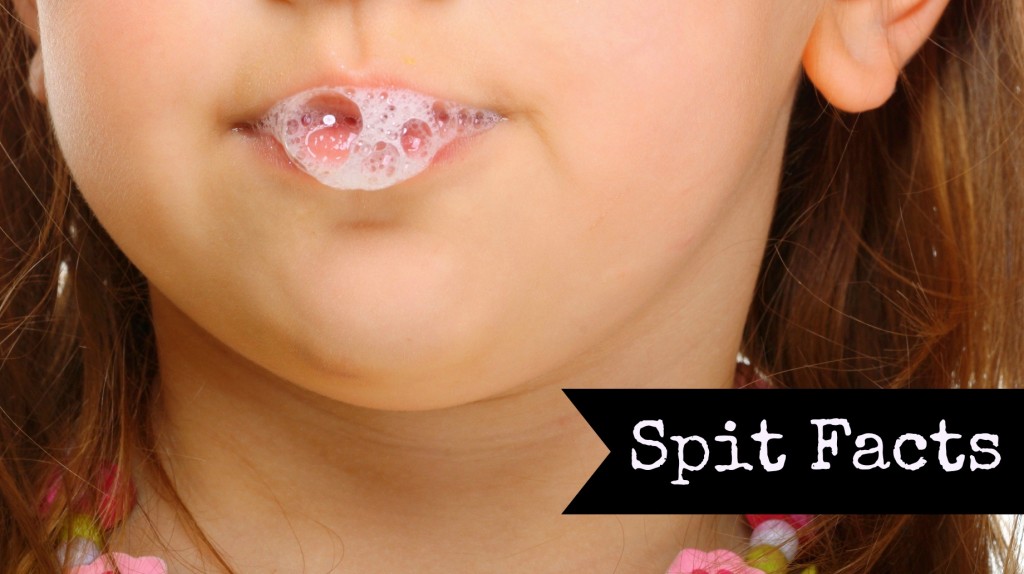Some amazing things you probably didn’t know about
all that gross water that lives in your mouth.

A 2012 study published in Journal of Family Psychology found that a lot about the nature of a relationship between a father and his daughter can be determined through analysis of the parties’ saliva. Researchers found that girls who were close to their fathers started dating later, and were more prone to monogamy. On the other hand, girls with more “chaotic” relationships with their dads exhibited low levels of the stress hormone cortisol in their saliva. That indicates an extra sensitivity to stress, which can affect decision-making.
Johns Hopkins University is home to a Center for Interdisciplinary Salivary Bioscience Research. In other words, it’s a spit lab. The department is devoted to the science of saliva, and what it can tell us about the human body. In fact, the center’s research has already led to the development of a non-invasive heart disease screening test. Up until now, a heart disease risk test required a painful, sizable blood sample to be taken, and it took weeks for the results to come back. Doctors look for the presence of C-reactive protein, which the CISBR found is also present in saliva. Now a heart disease test involves a simple spit-swab.








